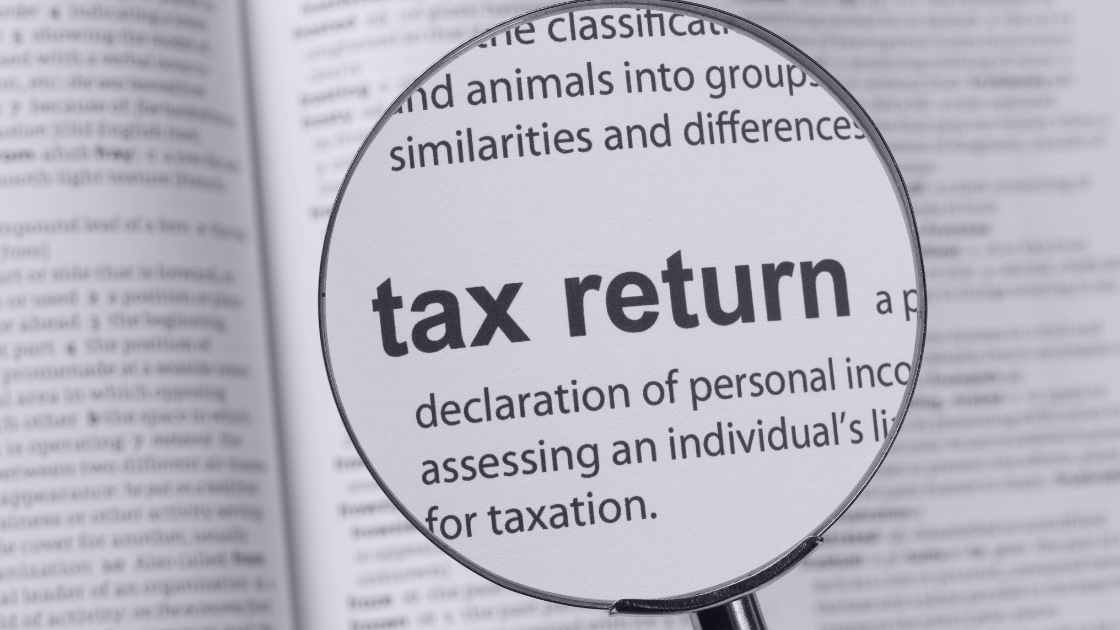Why Sole Proprietors Must File Their Tax Returns — Even If They Earn Below the Threshold
We were recently approached by a potential client who is a sole proprietor. They believed — and even had a letter from an accountant confirming — that because their income was below the tax threshold (the primary rebate amount), they did not need to file a tax return.
This is simply not correct.
If you are a sole proprietor, you are legally required to submit two provisional tax returns (IRP6s) and one annual income tax return (ITR12) every year, regardless of whether your taxable income is above or below the threshold. The tax threshold only determines whether you pay tax; it does not exempt you from filing.
The confusion: tax threshold vs filing requirement
- Tax threshold: For the 2024/25 year, if you are under 65 and your taxable income is below R95,750, you will not pay any income tax after rebates.
- Filing requirement: Separate from this. Anyone who carries on a trade — which includes all sole proprietors — must file returns every year, whether they made R5,000 or R500,000.
What a sole proprietor must do every year
- Provisional returns (IRP6): Due twice a year (August and February), even if you estimate zero tax payable.
- Annual return (ITR12): Declares all income and expenses from your business and any other sources.
- Record-keeping: Keep invoices, receipts and supporting documents for at least five years in case SARS audits you.
What happens if you don’t file?
- SARS will list you as non-compliant.
- Penalties are charged monthly until returns are filed, even if no tax is due.
- You may lose out on refunds or credits.
- Old years can become more complicated to file — SARS may block electronic submissions and require branch visits.
- In severe cases, failure to file can be prosecuted under the Tax Administration Act.
Remedies if you’ve already missed filings
- File outstanding returns immediately. Even “nil” returns must be submitted.
- Request penalty remission if no tax was actually payable. SARS may agree to waive.
- Keep up to date going forward — diarise the IRP6 deadlines and the annual filing season.
The bottom line
Being below the tax threshold does not release a sole proprietor from filing obligations. If you trade as a sole proprietor in South Africa, you must file provisional and annual returns every year.
Not filing because “no tax is due” is bad advice — and relying on it could cost you penalties, refunds, and even compliance standing with SARS.
Disclaimer: This article is intended for general information purposes only and does not constitute professional tax advice. For tailored guidance, please speak to a registered tax practitioner.

